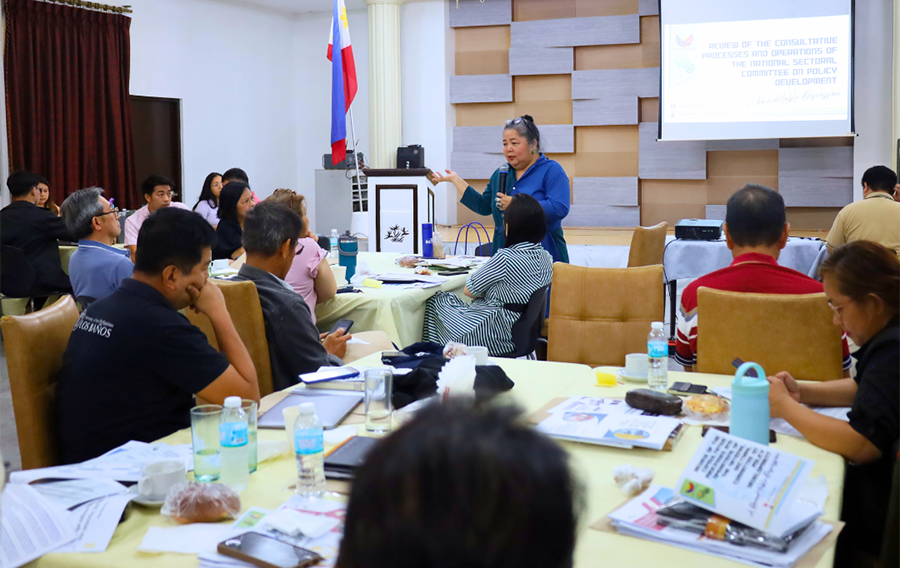
The National Sectoral Committees (NSCs) recently concluded a roundtable discussion in Clark, Pampanga, from July 16 to 18, 2025, aimed at reviewing and enhancing the committees’ consultative processes and operations.
The discussion centered on improving the Guidelines on the Engagement of Consultative Bodies (GoECB) and strengthening the overall effectiveness of stakeholder participation in agricultural and fisheries policy-making.
“Many of us have been part of the NSC for years, and this is a fantastic opportunity for us to take a fresh, critical look at our current consultative policy processes and how we engage with other stakeholders,” said PCAF Executive Director Bernadette De Los Santos.
A primary focus of the meeting was the proposed revisions to the GoECB. Over 30 chairpersons and representatives from various committees discussed and offered suggestions to boost clarity, streamline processes, and ensure more meaningful participation from PCAF’s Consultative Bodies.
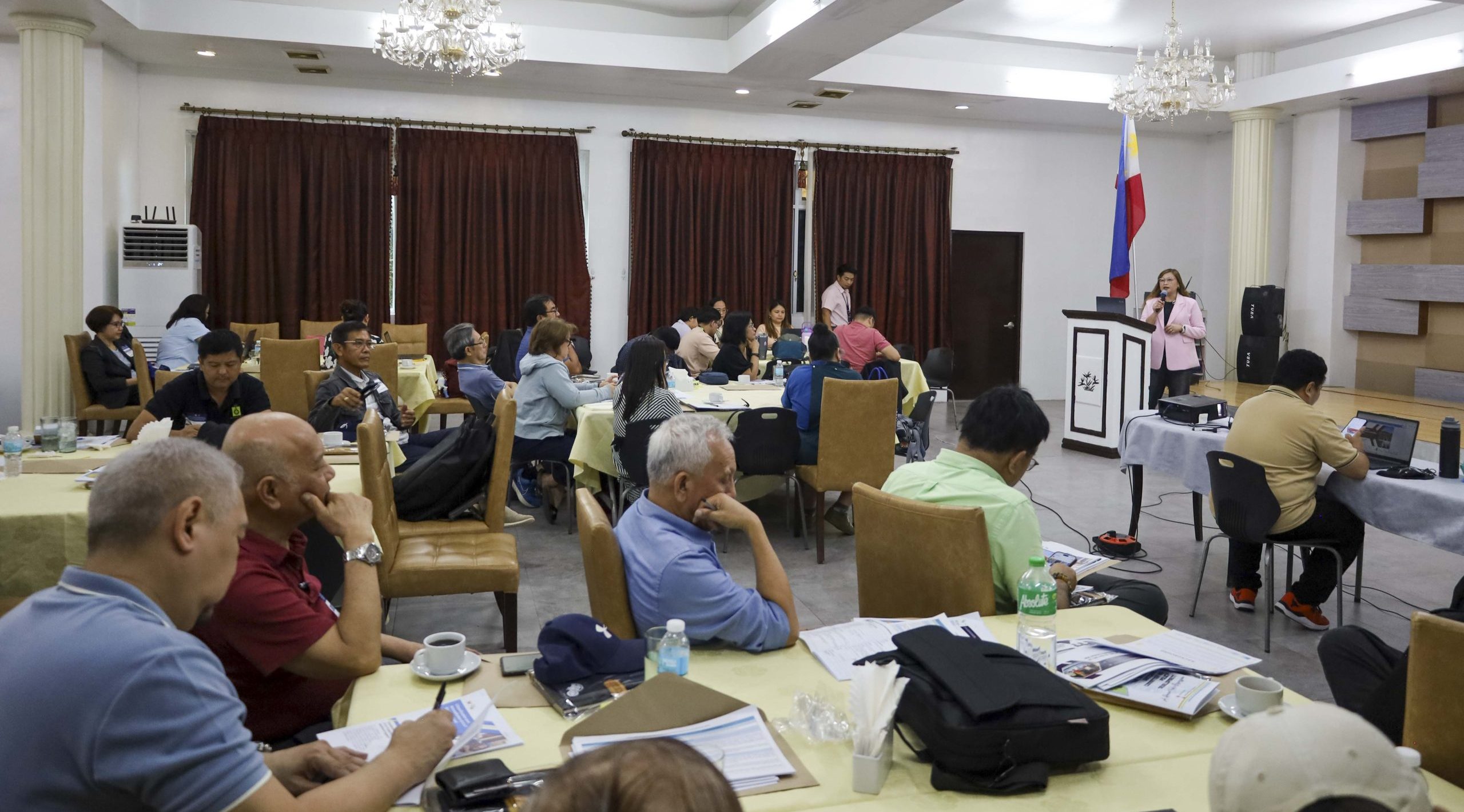
Among the key agreements and next steps for the GoECB include the clarification and recommendations of the voting rights and eligibility criteria for the chairperson and vice chairperson positions. This specifically addresses the participation of Regional Agricultural and Fishery Council (RAFC) sectoral representatives in NSC meetings.
The participants also discussed enhancing NSC processes and strengthening linkages with the AFCs. They highlighted that effective policy development centers on ensuring grassroots issues reach the NSCs and PCAF, leading to national policies that are practical and responsive to local communities.
Additionally, information on policies, programs, and opportunities must also flow efficiently from national to local levels. This vital exchange not only strengthens participatory governance but also helps to identify and overcome existing gaps and challenges within the industry.
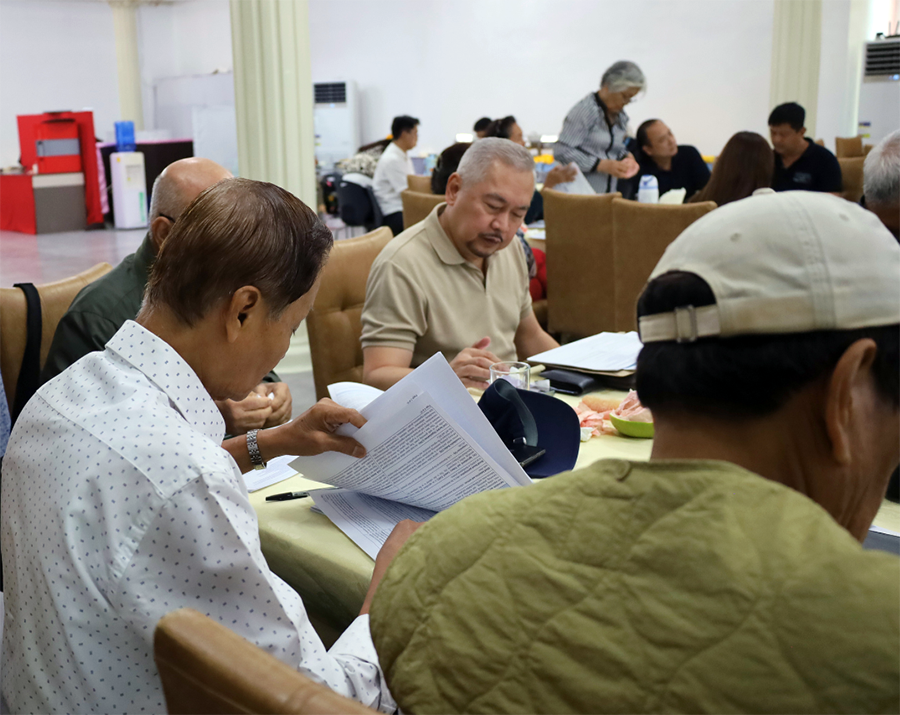
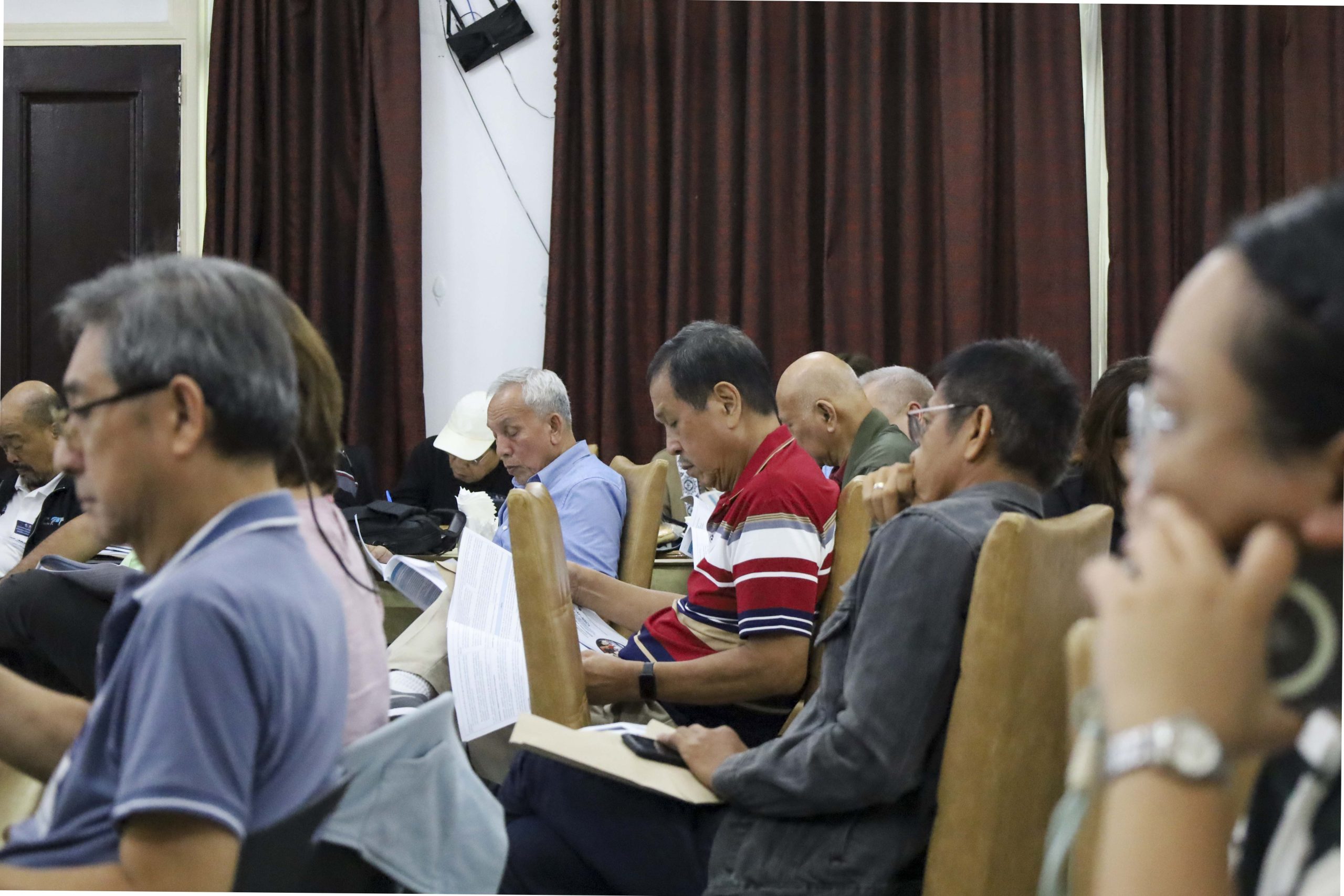
Meanwhile, the NSCs also proposed recommendations to improve the process and monitoring of DA-funded projects.
The participants noted that National Agriculture and Fisheries (NAF) Council meetings should include updates on the monitoring and status of interagency agri-fishery-related issues on the agenda, alongside budget discussions.
They also tackled the feedback mechanism for policy recommendations, urging the DA to establish a system to monitor and report on actions taken regarding civil society and stakeholder policy recommendations. As they added, this mechanism should be integrated into the DA’s process for preparing its Plan and Budget Proposal.
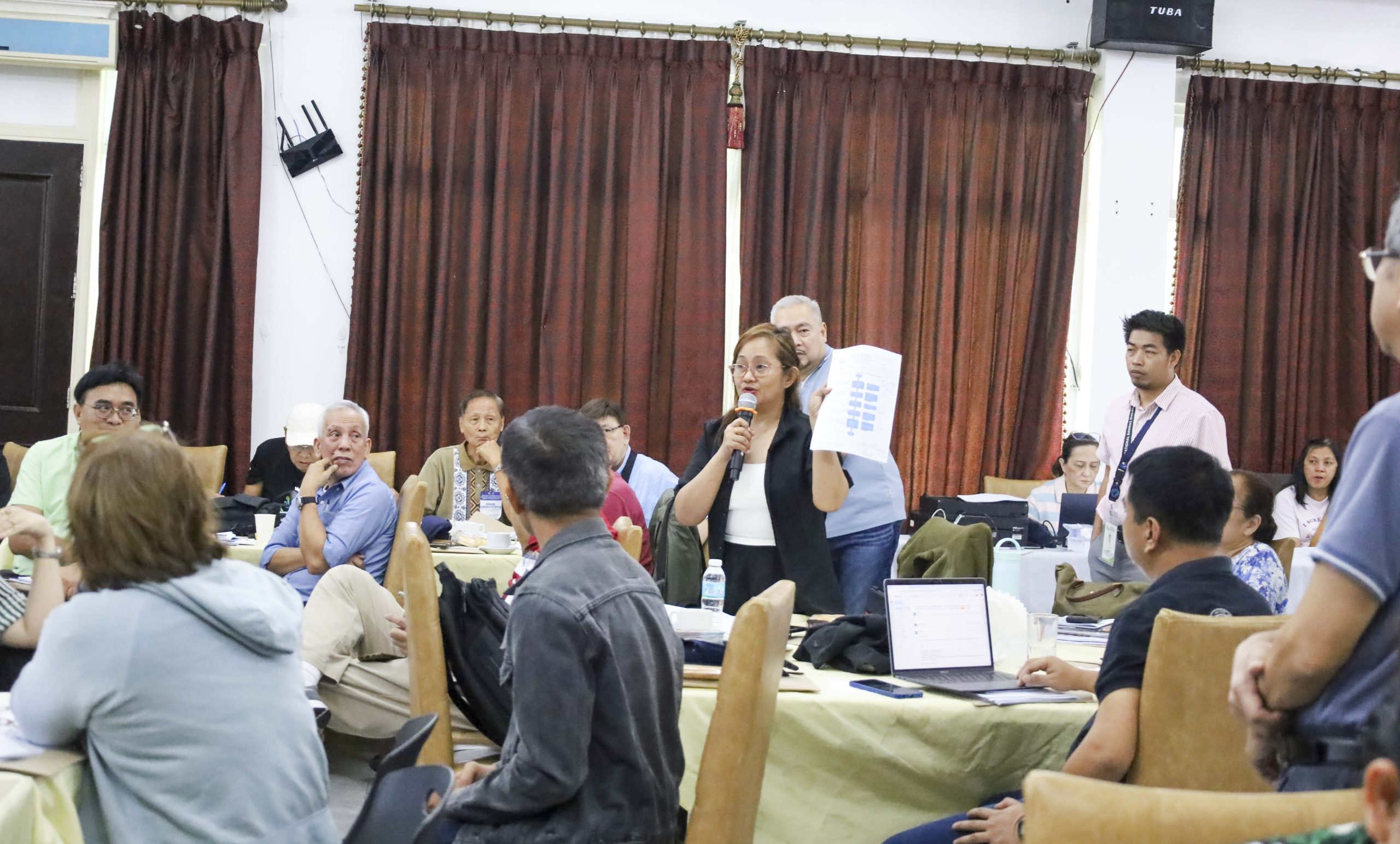
Furthermore, regular monitoring of project evaluation and impact, aside from the financial and physical accomplishments, was requested during the quarterly NSC meetings.
Part of the workshop outputs was strengthening the participation of DA heads during committee meetings and consultations. The NSCs requested that if concerned DA officials are unable to attend, a formal communication designating an official representative should be submitted to the PCAF secretariat.
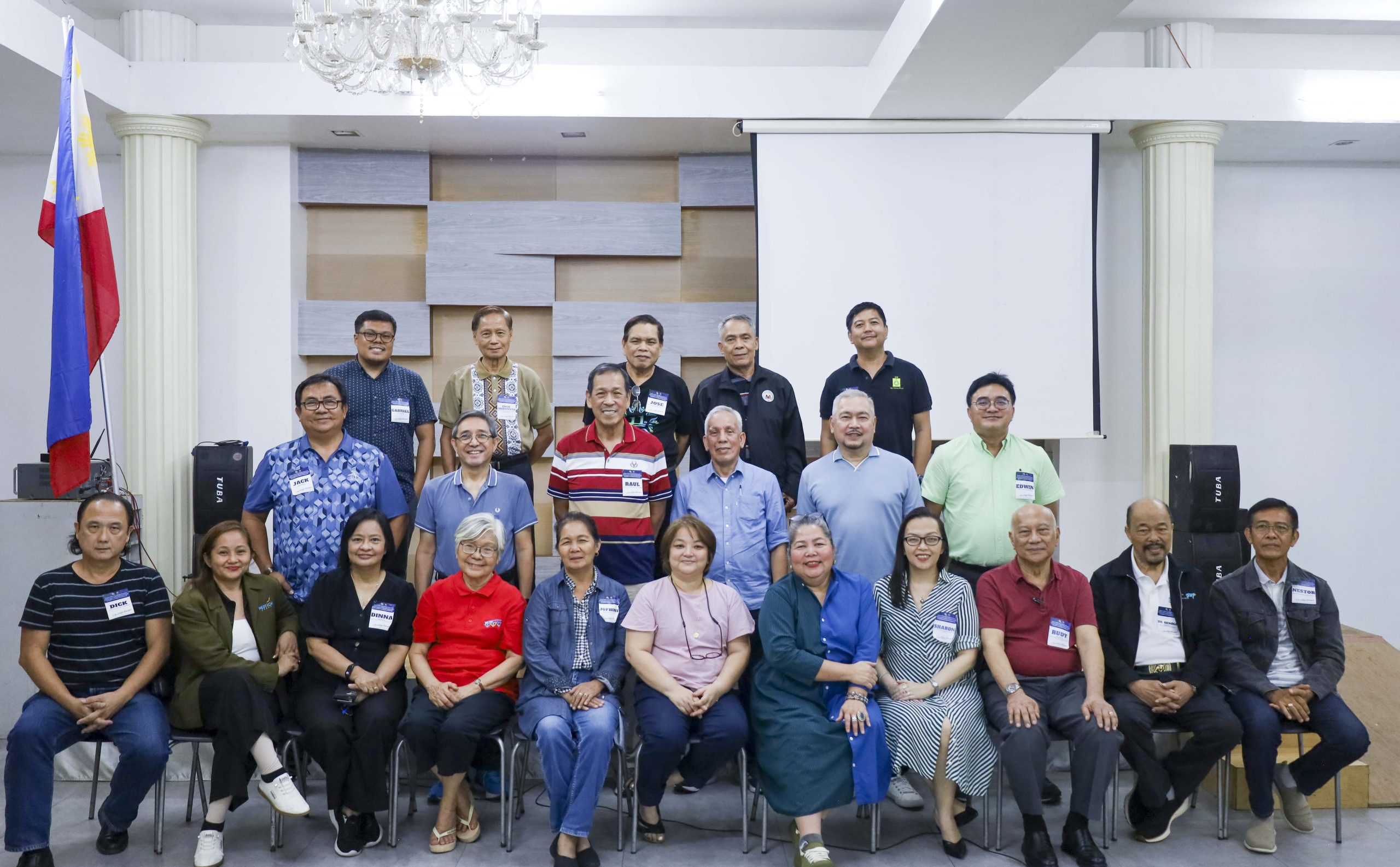
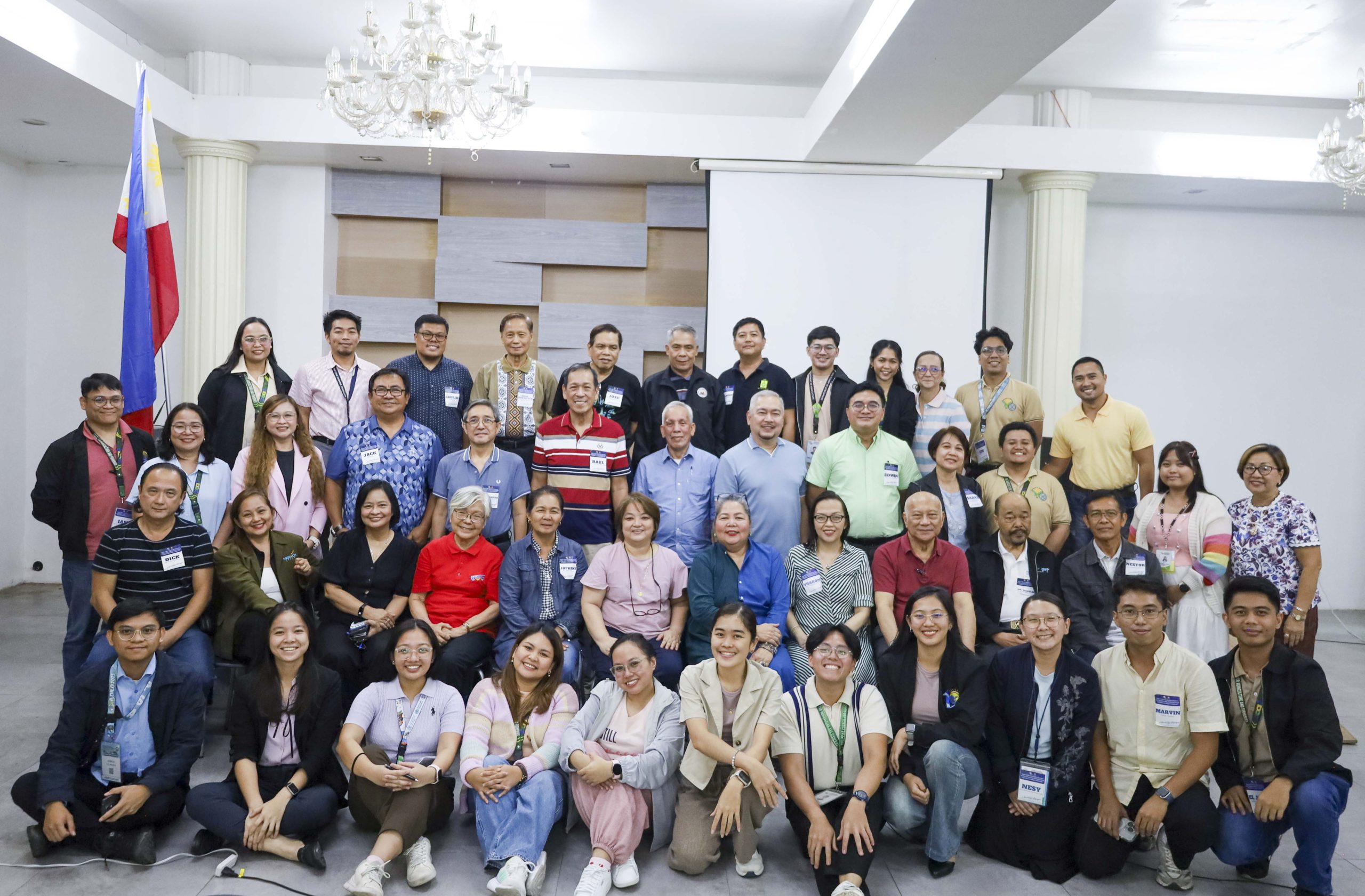
They also requested the inclusion of a standing agenda item for updates on previously raised issues, particularly those without resolutions, and for feedback on the current issues.
PCAF Deputy Executive Director Julieta Opulencia assured the agency’s private sector partners that the Operating Units in charge will study and implement the suggestions and ideas.
Meanwhile, a separate meeting will be convened to present the updated version of the GoECB’s national-level provision. This will ensure the final version of the guideline remains responsive, efficient, and aligned with the current operational processes and needs before its formal adoption. | Jezebel Campaniel











